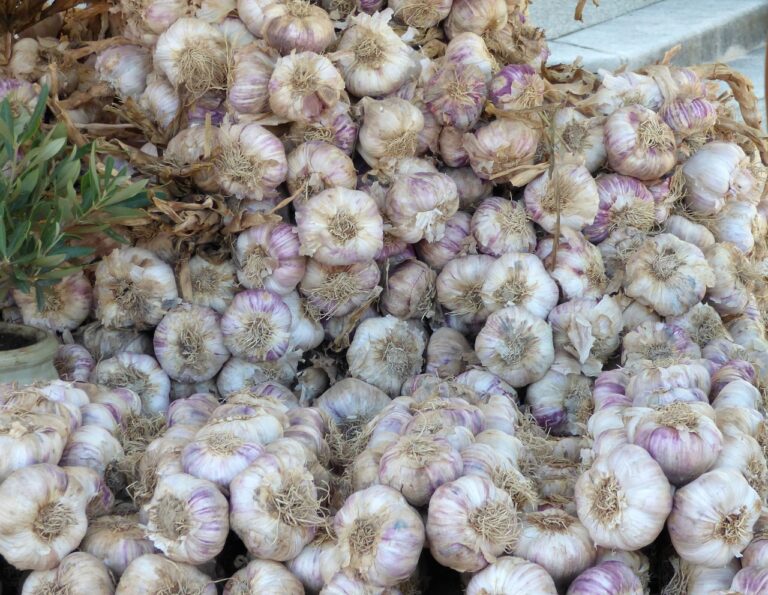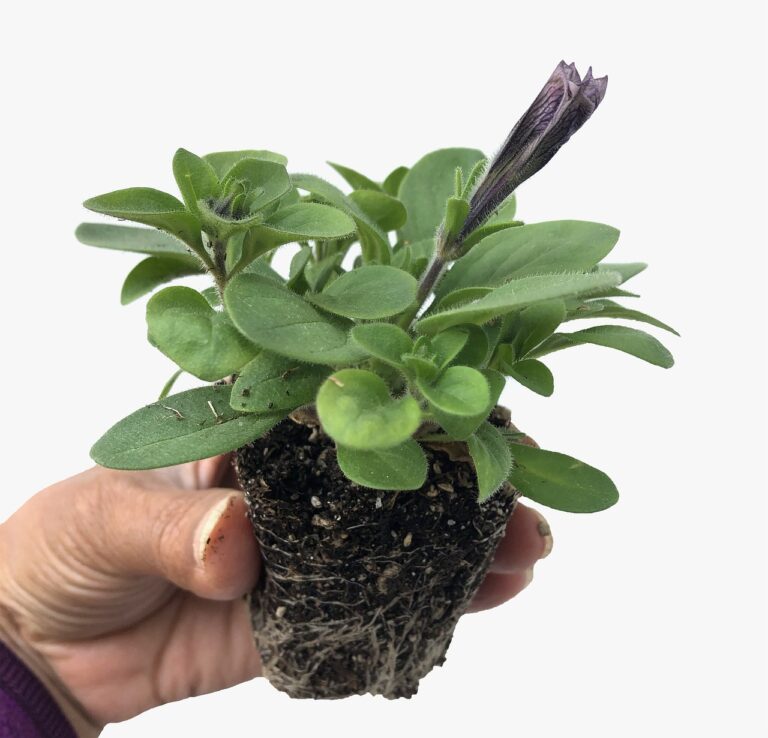Herbal Medicine: Understanding the Science Behind Natural Remedies
Herbal medicine has a rich history that dates back thousands of years, originating in different cultures across the globe. Ancient civilizations such as the Egyptians, Greeks, Chinese, and Native Americans all utilized various plants and herbs for medicinal purposes. Practices like Ayurveda in India and Traditional Chinese Medicine continue to rely heavily on herbal remedies to treat a wide range of health issues.
Throughout history, herbal medicine was often the primary form of healthcare available to people. It was passed down through generations orally and through written texts, with knowledge of specific plants and their medicinal properties held by healers and medicine men. The use of herbs in medicine eventually laid the foundation for modern pharmaceuticals, with many medications today being derived from plant compounds discovered through traditional herbal practices.
Key Components of Herbal Remedies
Understanding the key components of herbal remedies is essential for appreciating their efficacy in treating various health conditions. Herbs contain a plethora of active compounds that contribute to their therapeutic properties. These components can include alkaloids, flavonoids, terpenes, and volatile oils, each with unique biological activities that interact with the body in different ways.
Alkaloids, such as caffeine and morphine, are nitrogen-containing compounds known for their physiological effects on the body. Flavonoids, found in fruits and vegetables, possess antioxidant and anti-inflammatory properties that help protect cells from damage. Terpenes, aromatic compounds present in essential oils, exhibit antimicrobial and anti-inflammatory actions, making them valuable in herbal medicine. Lastly, volatile oils are volatile, meaning they evaporate easily, and are responsible for the distinctive fragrances of many herbs.
How Herbal Medicine Works in the Body
Herbal medicine works in the body by interacting with various physiological systems to promote healing and restore balance. When taken internally, herbal remedies are typically absorbed into the bloodstream through the digestive system. From there, they can circulate throughout the body and target specific organs or tissues to exert their therapeutic effects.
Herbal compounds contain bioactive molecules that can bind to receptors on cells, triggering specific biochemical responses. For instance, some herbs have anti-inflammatory properties and can inhibit the release of pro-inflammatory molecules, helping to reduce pain and swelling. Others may enhance the body’s immune response or promote the production of neurotransmitters that regulate mood and emotions. By modulating these pathways, herbal medicine can support the body’s innate healing mechanisms and aid in recovery from illness or imbalance.
How long has herbal medicine been used?
Herbal medicine has been used for thousands of years, dating back to ancient civilizations such as the Egyptians, Chinese, and Greeks.
What are some key components of herbal remedies?
Some key components of herbal remedies include plant extracts, minerals, vitamins, and other natural substances.
How does herbal medicine work in the body?
Herbal medicine works in the body by interacting with the body’s cells and systems to promote healing and overall health. Different herbs have different mechanisms of action, such as reducing inflammation, boosting the immune system, or supporting organ function.
Are there any potential side effects of using herbal medicine?
While herbal medicine is generally considered safe when used appropriately, some individuals may experience side effects or allergic reactions. It is always recommended to consult with a healthcare professional before starting any herbal remedy.
Can herbal medicine be taken with prescription medications?
It is important to consult with a healthcare provider before taking herbal medicine with prescription medications, as there may be interactions that could affect the effectiveness of either treatment. It is always best to seek professional advice when combining treatments.







